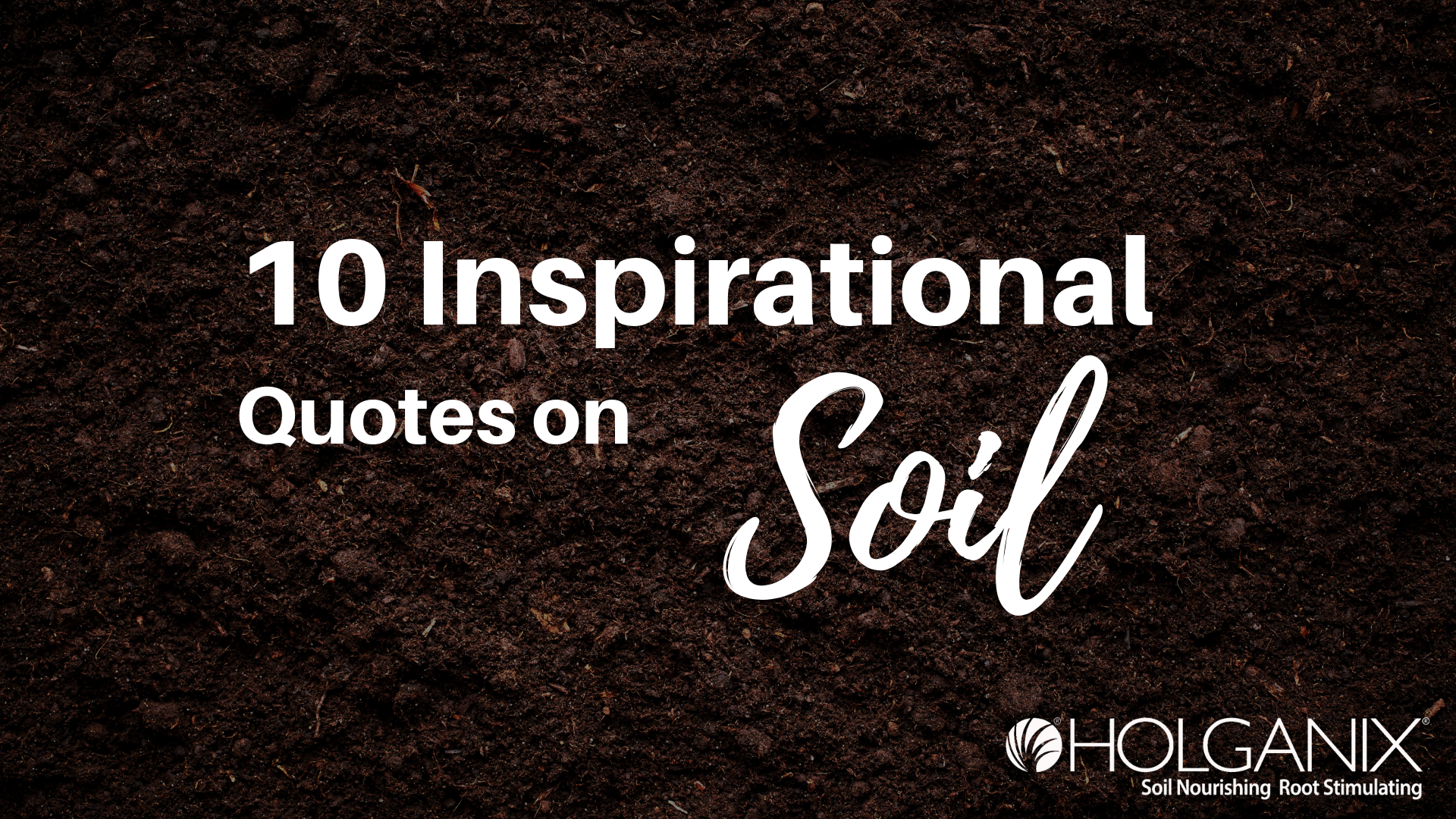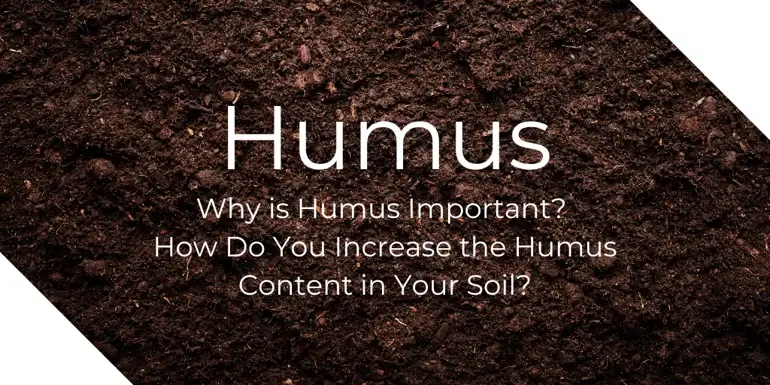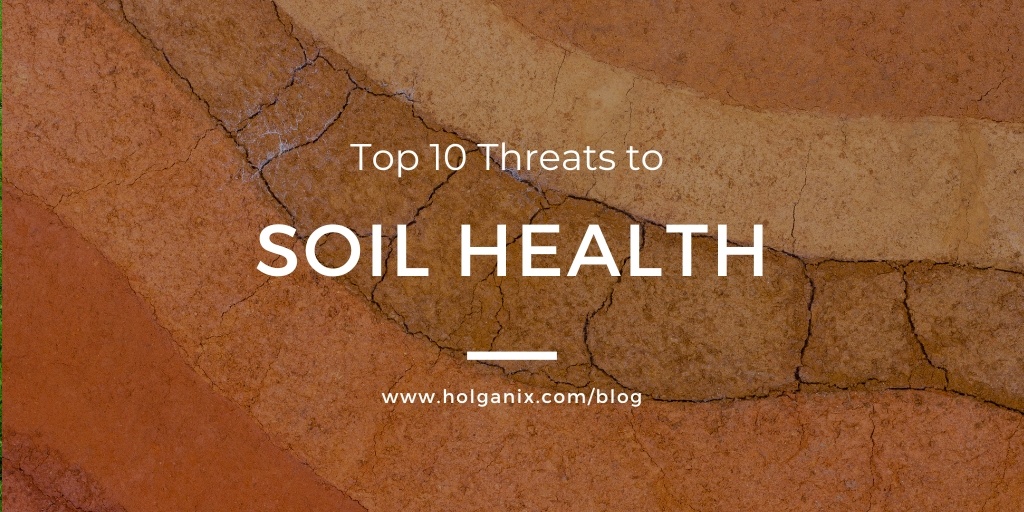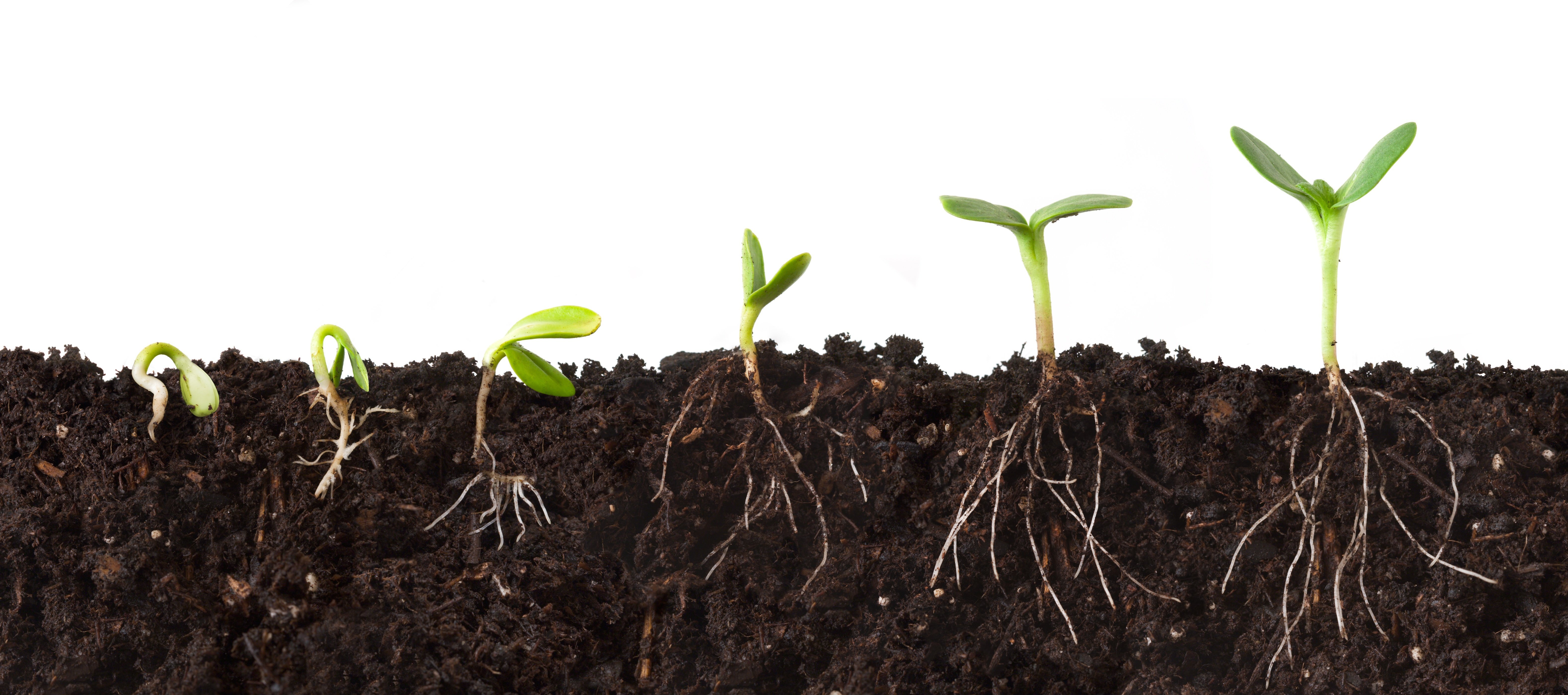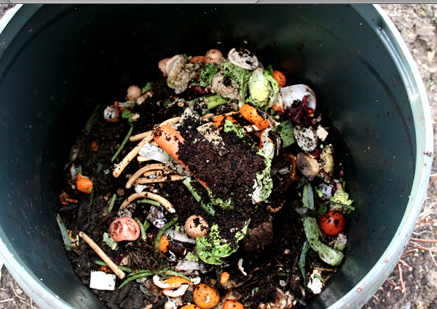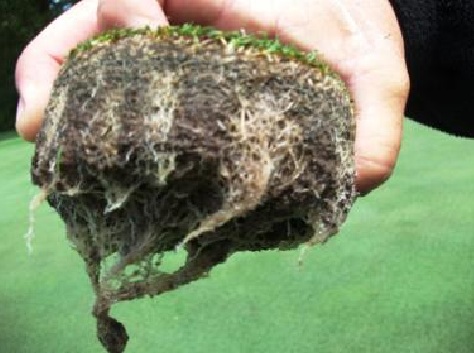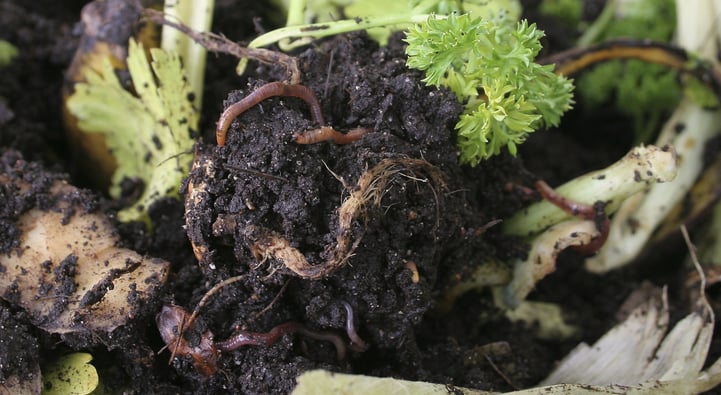
One of the hottest new topics in the agronomy word is the concept of compost tea.
According to Compost Tea Industry Association, “compost is generally defined as a liquid extract of compost.” While, Merriem and Webster simply state that it is, “a mixture that consists largely of decayed organic matter.” Regardless, it’s filled with a heap of ingredients (click here for information of compost ingredients) with the purpose of improving plant growth and biological activity in the soil.
How is compost tea created?
Compost tea is created “by steeping compost in water” (Elaine Ingham) and is brewed either aerobically or anaerobically.
Aerobic brewing means that oxygen was utilized, sometimes through the use of bubblers or air stones. However, anaerobically brewed compost tea is created without the use of oxygen and usually takes a much longer time to produce. The benefit of anaerobically produced tea is that it retains more of the original quantity. This occurs mainly because the bacterium used, doesn’t need as much energy to create the mixture.
What are the pros to using compost tea?
-
They contain very small amounts and sometimes even no nitrates and phosphates.
-
Under the right circumstance they can be inexpensive.
-
Compost tea cleans contaminated soil.
-
Utilizing tea-based generics allows you to gain a competitive edge and advertise yourself as being organic.
-
Compost tea contains living, beneficial soil microorganisms and food sources that allow you to balance the soil food web and proactively address plant health issues.
What are the cons to using compost tea?
-
The results are inconsistent.
-
It is mainly reliant upon gardener testimonials and there is not a lot of scientific study preformed.
-
Producing the product is time consuming and complicated.
-
Every time you make a batch you end up with a different product. In other words, each run is different.
Overcoming the downsides of compost tea
While a radical idea like composting has usually been isolated to hobbyists and gardeners, lately compost tea is starting to take off in commercial use.
One of the new leaders in making compost tea a mainstream idea has been Holganix.
With a focus on biology as the solution to plant health, Holganix is continually pioneering new methods of incorporating compost tea-type products to build resilient plants and healthier soils.
Our flagship product line, Bio 800+ is a 100% organic plant probiotic that provides a complete ecosystem in a bottle, containing over 800 species of beneficial microorganisms.
Manufacturing the product line, begins with a patented plant-based compost tea derived from one of eleven climate zones across America. Additional ingredients are then layered in to create a product that is teeming with beneficial soil microorganisms, nutrient enhancers and microbe food. To see our ingredient list, click here.
To ensure that each batch is consistent, Holganix uses a panted manufacturing process and conducts DNA fingerprinting so each batch is living (literally) up to Holganix's quality standards.
Holganix also has numerous university studies and case studies validating Holganix's claims as a consistent product that produce quality, consistent results.
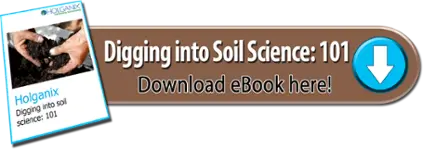
Works Cited
http://www.dep.state.pa.us/dep/deputate/airwaste/wm/recycle/Tea/tea1.htm
http://www.soilfoodweb.com/
http://www.keenforgreen.com/b/10-fun-composting-facts
http://compostguide.com/compost-tea/
http://www.merriam-webster.com/dictionary/compost
http://www.composterconnection.com/site/anaerobic-digester.html
http://www.ehow.com/facts_7479875_aerobic-anaerobic-composting.html
http://www.finegardening.com/how-to/articles/brewing-compost-tea.aspx
http://www.composttea.org/what_is_compost_tea.html
 4 min read
4 min read
-2.jpg)
.jpg)
-4.jpg)
-2.jpg)
-1.jpg)
-1.jpg)
-2.jpg)
.jpg)
-4.jpg)
-2.jpg)
-1.jpg)
-1.jpg)





.webp)
-1%20(1).webp)
-831535-2.webp)
